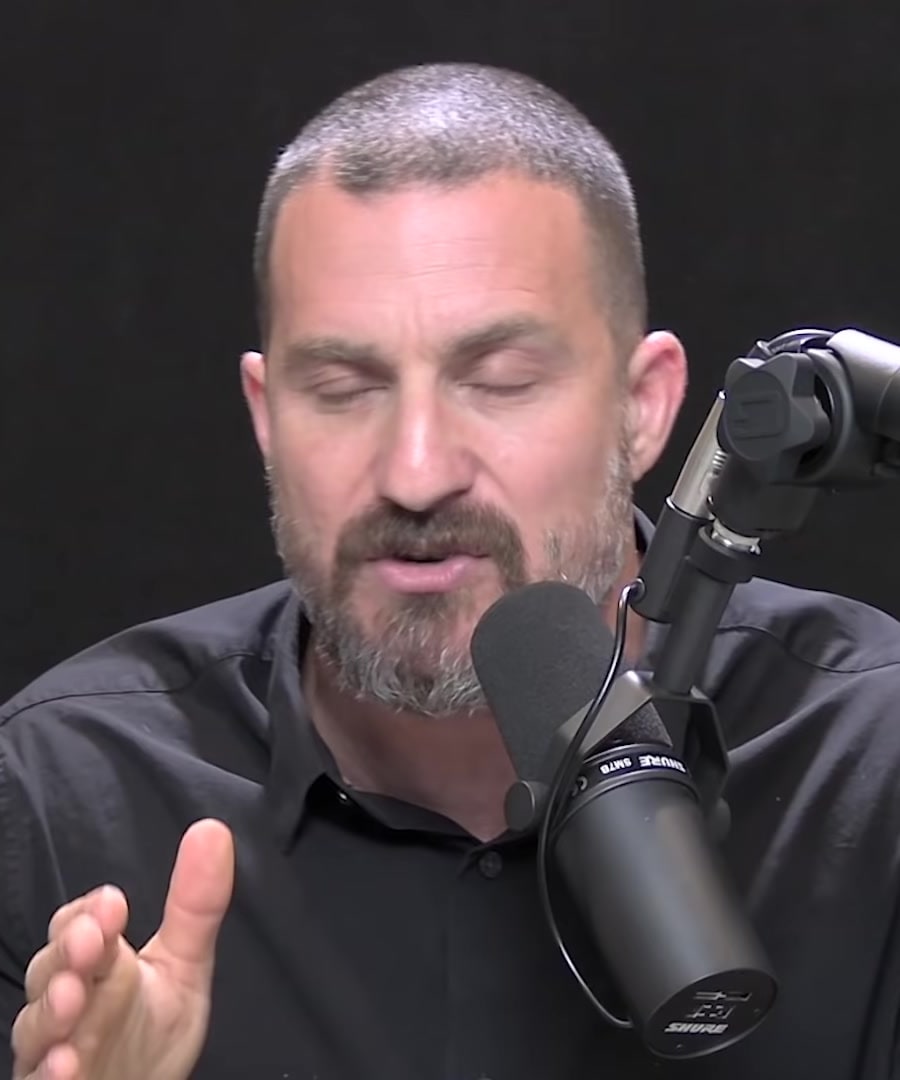Best protocols for reducing anxiety
Sources:
has discussed several effective protocols for reducing anxiety on the :
-
Journaling: Writing about stressful or traumatic events for 15-30 minutes across four sessions has been shown to provide long-term mental and physical health benefits, including significant anxiety reduction 1 2.
-
Breathing Techniques: The "physiological sigh" is a specific breathing protocol involving two inhales through the nose followed by a long exhale through the mouth. Doing this for five minutes a day can notably improve mood and decrease anxiety 3.
-
Hypnosis: Using the Reveri app, which offers multiple hypnosis protocols backed by scientific research, can help reduce anxiety as well as enhance focus, sleep, and creativity 4.
-
NSDR (Non-Sleep Deep Rest): NSDR protocols, including Yoga Nidra and specific hypnosis practices, help teach the brain to calm itself, reducing anxiety and improving sleep. They can be especially helpful if practiced during the day or after a stressful night 5.
-
Exposure to Controlled Stress: Short, daily bouts of controlled stress (like intense, brief stressors) can help recalibrate the brain's threat response system, making it more resilient and less reactive to stress 6.
-
Recalibrating Threat Responses: Breathing protocols, which can either calm or increase autonomic arousal, help manage chronic stress and recalibrate the body's threat response systems 7.
Implementing these protocols can provide various methods for effectively managing and reducing anxiety.
RELATED QUESTIONS-
Best protocols for reducing anxiety
- RELATED QUESTIONS






